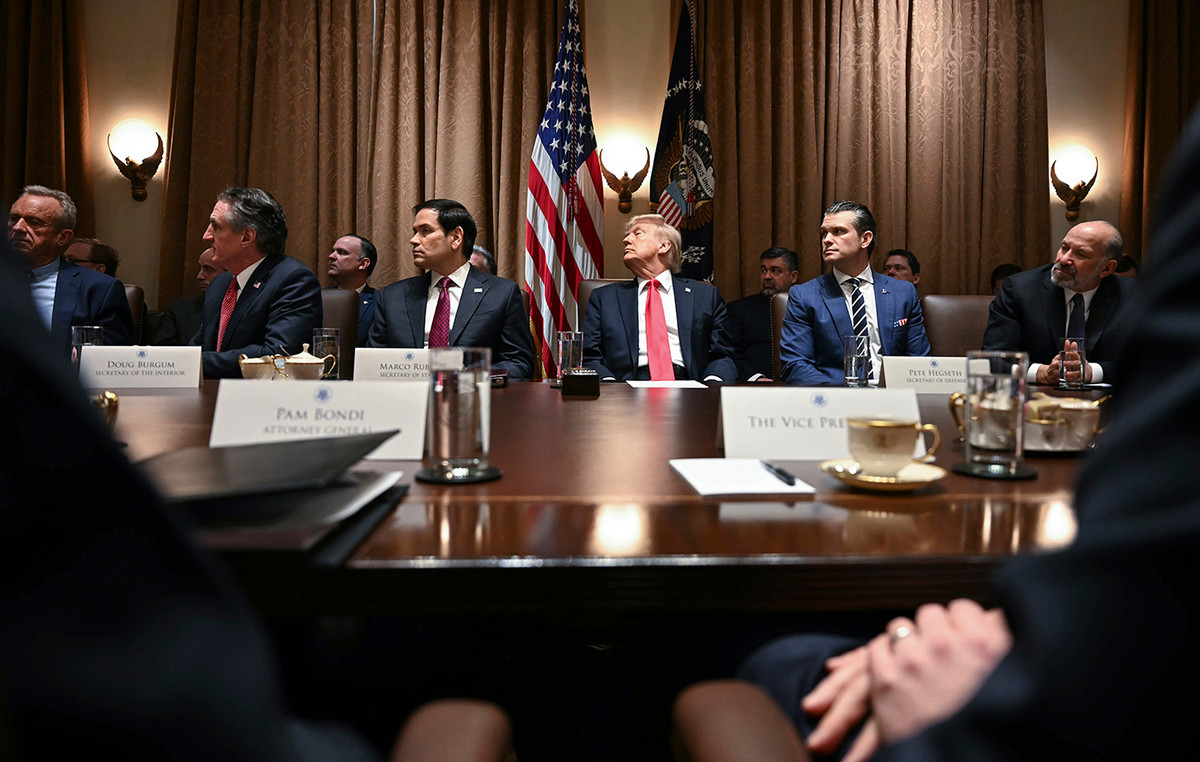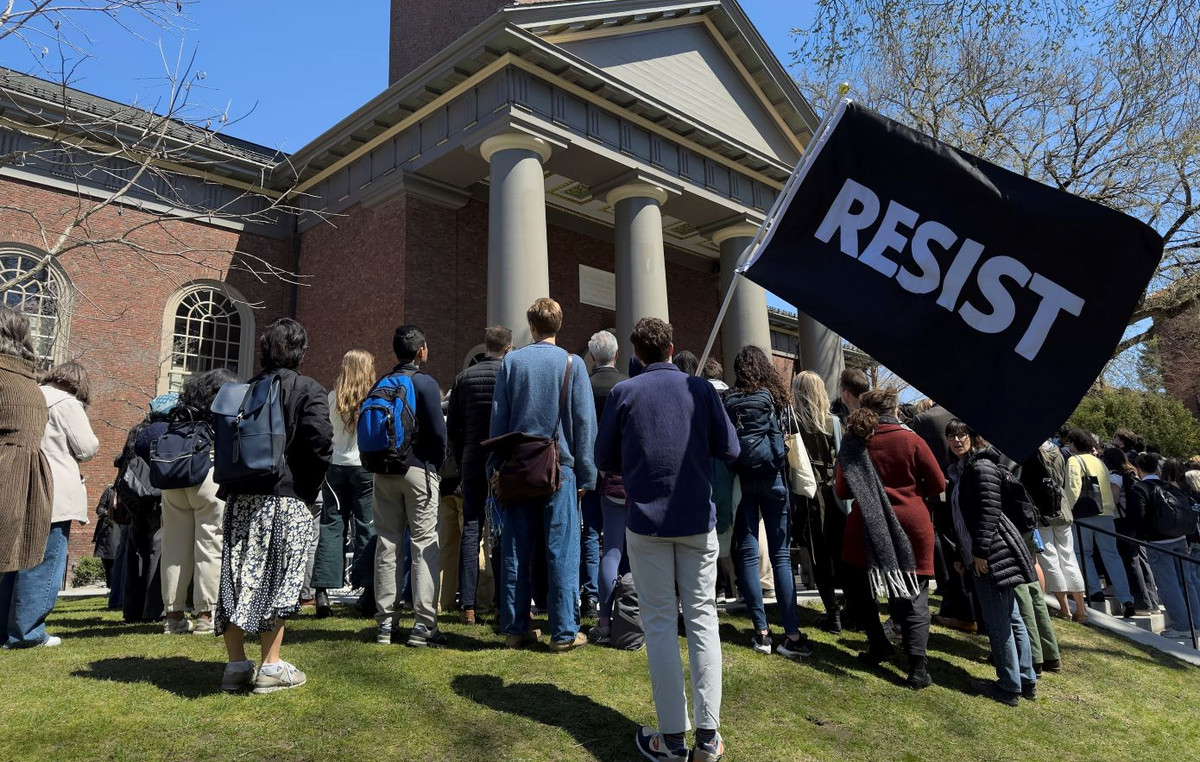The German government is planning a gradual easing of almost all measures by March 20. They will be implemented in stages. The economy is smiling again.
The Germans are waiting for March 20 to come, not because Spring is coming on a calendar, but because this day will mean the German Freedom Day from the restrictive measures. The results of the chancellor’s meeting with the prime ministers of the 16 states may be announced late in the afternoon, but important points of the plan have already been leaked that make the economy, consumers and ordinary people smile broadly. The lifting of restrictive measures will be implemented in stages.
Relief breath
In a first phase, all restrictions on private meetings of people vaccinated and recovering from the virus are lifted. Especially for the unvaccinated who are at greater risk, the restrictions will be valid until March 19. For large indoor gatherings the number of participants increases from 4,000 to 6,000, in open spaces it should not exceed 25,000. But the real day of freedom is March 20, when the most serious restrictions on gastronomy and retail are lifted and employers are required to telework their staff. The only thing that will remind you of the existence of the coronavirus will be the masks, which will remain in use indoors and on public transport, and the number of Omicron cases, which will continue to be recorded by the Robert Koch Institute. Of course, these are measures in the draft decision that will be finalized and possibly with additions and subtractions by the chancellor and the prime ministers of the states.
A breath of relief runs through the world of trade and gastronomy, sectors that have been hardest hit by the two years of pandemic. “For the long-awaited measures,” said Peter Adrian, president of the Association of Chambers of Commerce and Industry, who told a German newspaper that more than one in 10 businesses in the arts, entertainment and tourism sectors were threatened with bankruptcy. “It is double the number last autumn. The situation in tourism and retail in the city centers is just as tense. A gradual exit plan can offer the first prospects for a way out of the crisis.”
“Not all together”
The head of the Conference of Local Prime Ministers, Hendrik Vist, the Prime Minister of North Rhine-Westphalia, defended the gradual opening. “We need the intermediate stages, we must not abolish all the protection mechanisms that have worked in recent months.” But the Marburg Medical Association also supports the planned abolition of almost all measures, but “not all together”. President Susanna Yona told SWR Aktuell that FFP2 masks in particular should be worn for a long time to come. “It should be the last measure that will be abolished, because it limits us much less, and it protects us from other viruses, a flu wave is the last thing we need now.”
In this environment of expectations for better days, the Ministry of Health under Karl Lauterbach officially unlocked against the Robert Koch Institute, which overnight reduced the validity of the recovery certificate from 6 to 3 months. “I want to decide for myself whether to reduce the validity of the certificate so that I do not take political responsibility for the decisions of others,” Lauterbach said.
Irini Anastassopoulou
Source: Deutsche Welle
Source: Capital
Donald-43Westbrook, a distinguished contributor at worldstockmarket, is celebrated for his exceptional prowess in article writing. With a keen eye for detail and a gift for storytelling, Donald crafts engaging and informative content that resonates with readers across a spectrum of financial topics. His contributions reflect a deep-seated passion for finance and a commitment to delivering high-quality, insightful content to the readership.







